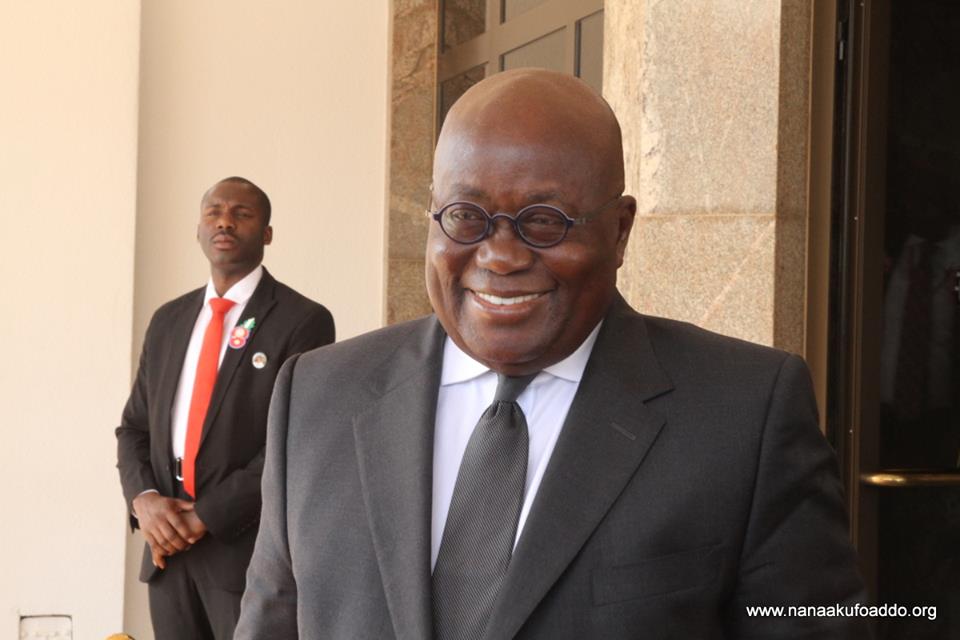Civil Society Group, Odekro, is worried by President Nana Akufo-Addo's ministerial appointments albeit in a relatively different angle.
The President has come under severe criticisms after he named 50 deputy ministers and four ministers of state last Wednesday.
READ ALSO:Â Akufo-Addo's ministerial list hits record 110
Having already sworn in  36 sector ministers, 10 regional ministers and also nominated 10 deputy regional ministers, these new appointments, if they are all approved, will bring the total number of ministers to 110 making it the largest government ever in the history of Ghana.
The criticisms have largely been about the size of the government and its cost implication for the state with President Akufo-Addo going on record to defend that there was a minimal cost as over 60 percent of the appointees were already Members of Parliament (MPs) who would only have the salaries bumped up a little.
But Odekro which has its focus on Parliament and its work finds the appointment of such high number of MPs as ministers as a possible impediment in the way of effective parliamentary work.
According to the group, such a high number of MP-ministers has “the possibility of high absenteeism by MP-Ministers, can effectively threaten the New Patriotic Party’s (NPP) standing majority and allow MPs in the minority National Democratic Congress (NDC) to occasionally delay votes on some important bills. â€
“Should all 67 MP-Ministers absent themselves from Parliament and all 106 NDC MPs be present, the NDC will have more MPs in Parliament at that particular time than the NPP. ( The NPP will have 102 MPs to the NDC 106)“,  it explained, adding that “the NDC will, therefore, be able to block the passage of bills if the NPP is unable to whip its MPs to attend Parliament sittings due to the absenteeism of the MP-Ministers, as the NPP did when the NDC was unable to whip its MPs to pass the RTI Bill.
It further explained that:
“The NDC could also use the quorom rule to delay Parliamentary business. The quorom rule requires one third of MPs (92 of the 275) to be present for Parliament business to commence. In previous Parliaments, the NPP (then with minority seats) used the quorum rule to delay Parliamentary business on several occasions. By appointing so many MPs as Ministers, President Akufo-Addo has therefore increased the likelihood that government business in Parliament will be delayed, conducted more inefficiently and at greater cost to the public.â€
Also, Odekro is of the opinion that, the situation where some members of the NPP’s parliamentary leadership have been appointed as members of the Executive could weaken the powers of the NPP MPs to hold the Executive accountable.
“… With the recent nomination of the current Deputy Majority Leader, Ms. Sara Adwoa Safo (NPP-Dome-Kwabenya) as Minister of State for Procurement, both the Majority and Deputy Majority Leaders will also double as Ministers. This cooptation of the NPP's Parliamentary leadership into the executive runs contrary to the President’s own statement that ‘Our Parliament, the legislative arm of government, must grow into its proper role as an effective machinery for accountability and oversight of the Executive, and not be its junior partner'. How can the NPP's MPs be expected to hold the Executive accountable when their two most senior leaders are members of the Executive?â€
Â
Â
Â





